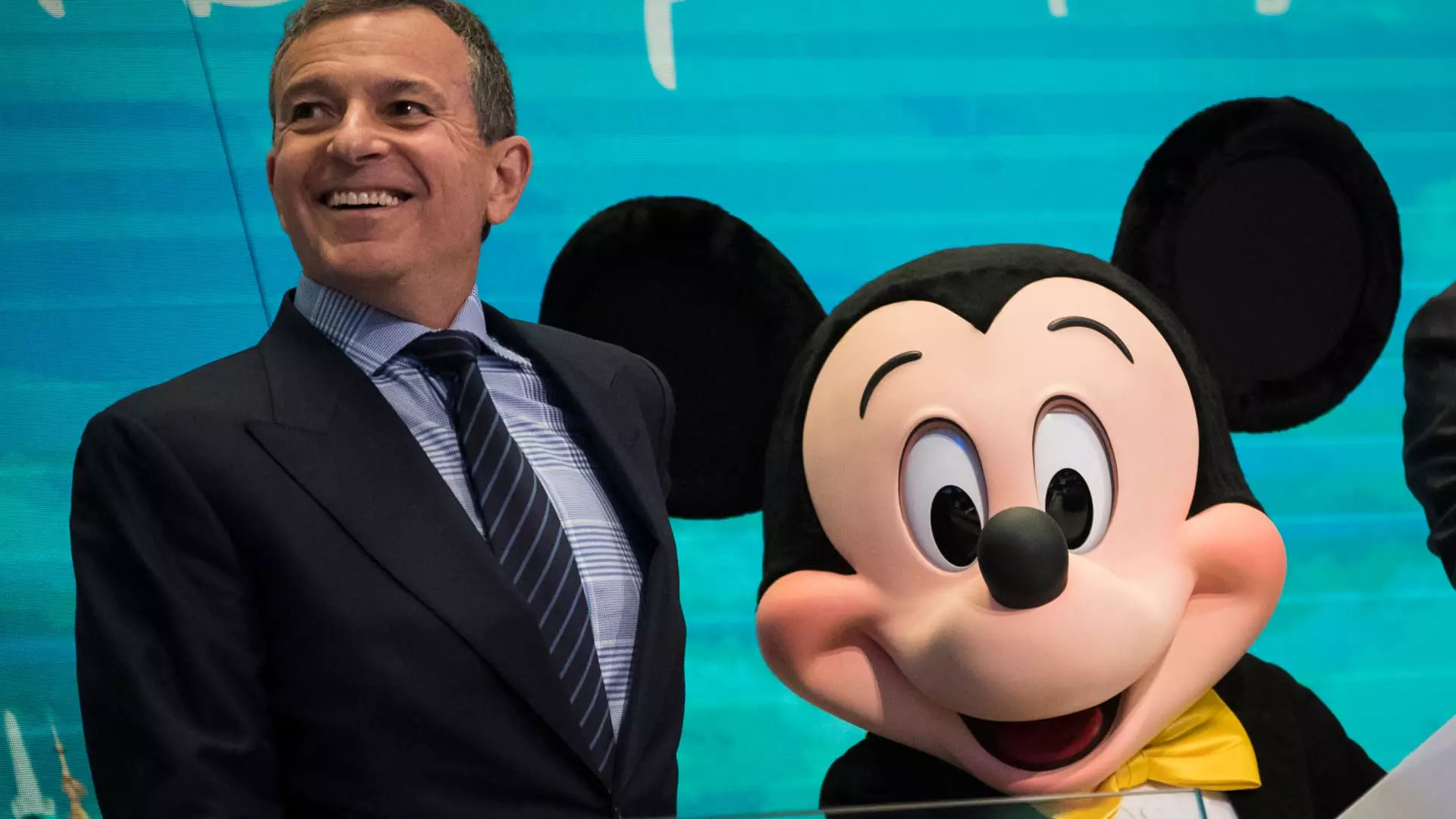The recent Disney shareholders’ meeting resulted in the re-election of the entire board, indicating a significant defeat for activist Nelson Peltz and former Marvel CEO Ike Perlmutter. Peltz, along with his Trian Partners group, sought to bring about changes within the media conglomerate due to sustained share underperformance and a perceived lack of governance. However, Peltz’s proposals were met with resistance as shareholders decided to back Disney’s existing board and management, led by CEO Bob Iger.
Despite a highly contentious proxy contest that lasted for months, Disney shareholders voted overwhelmingly in favor of Iger and the board’s leadership. The support for the existing directors, particularly Maria Elena Lagomasino and Michael Froman, was evident as Peltz faced a significant defeat in his bid to remove them. Retail voters, in particular, threw their support behind Disney, with Iger receiving an impressive 94% of the overall vote. This outcome solidified the board’s position and validated their decisions to steer the company’s growth and value creation.
While Peltz did not succeed in securing a seat on Disney’s board, he and his firm claimed some credit for the subsequent increase in the company’s share value. Despite spending an estimated $40 million in campaigning against Peltz, Disney managed to muster support from major shareholders like Vanguard and BlackRock. The board’s strategic deployment of resources and influential backers, including George Lucas and Jamie Dimon, played a pivotal role in swaying the shareholders’ decisions in favor of the existing leadership.
Beyond the proxy battle, Disney continues to face significant challenges in its operations, particularly with the decline in ESPN subscribers and the competitive streaming landscape dominated by players like Netflix. The company’s streaming business, despite significant investments, is yet to achieve profitability. Moreover, the looming issue of succession planning, following Iger’s eventual retirement, adds another layer of complexity to Disney’s future leadership transition. The board’s failed attempts at a seamless succession process have been scrutinized, adding to the concerns raised by activists like Trian.
As Disney navigates these challenges, investor confidence remains crucial in sustaining the company’s growth trajectory. Major proxy advisory firms like Glass Lewis and ISS have highlighted the importance of addressing succession planning and operational weaknesses to ensure long-term shareholder value. Disney’s strategic initiatives, such as exclusive content acquisitions and partnerships, have garnered investor support and signaled a proactive approach towards addressing key business concerns.
The Disney boardroom battle underscores the complexities of corporate governance, shareholder activism, and strategic decision-making in a constantly evolving media landscape. While the outcome of the proxy contest reaffirms shareholder trust in the existing leadership, ongoing challenges like succession planning and operational efficiency require careful attention and innovative solutions to drive Disney’s continued success in the highly competitive entertainment industry.



Leave a Reply